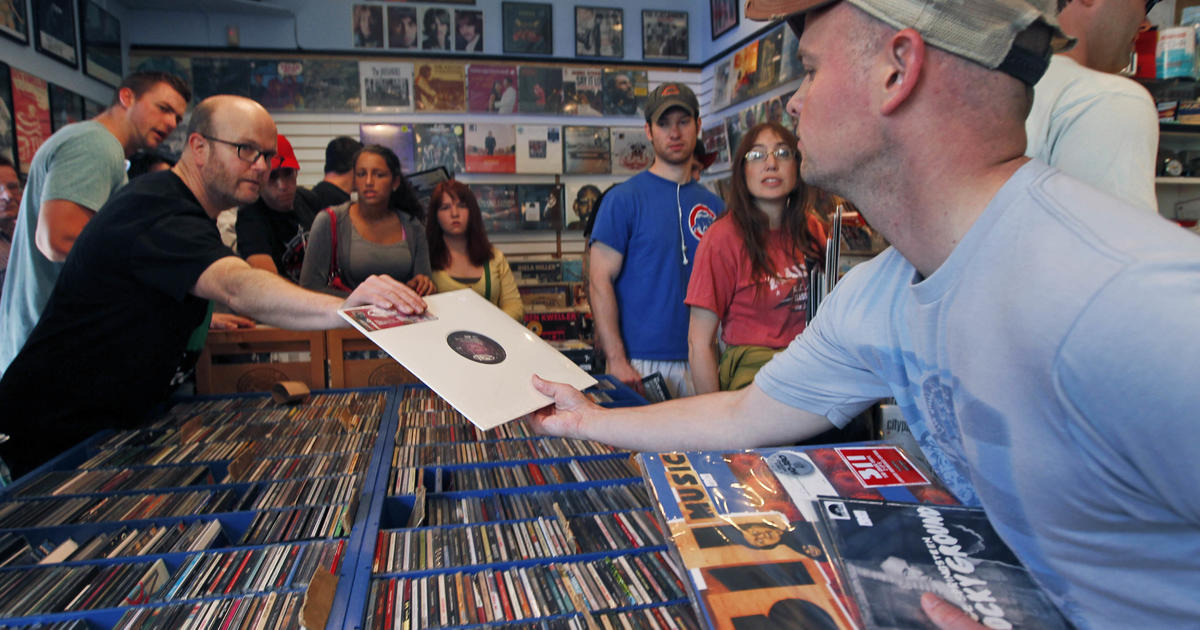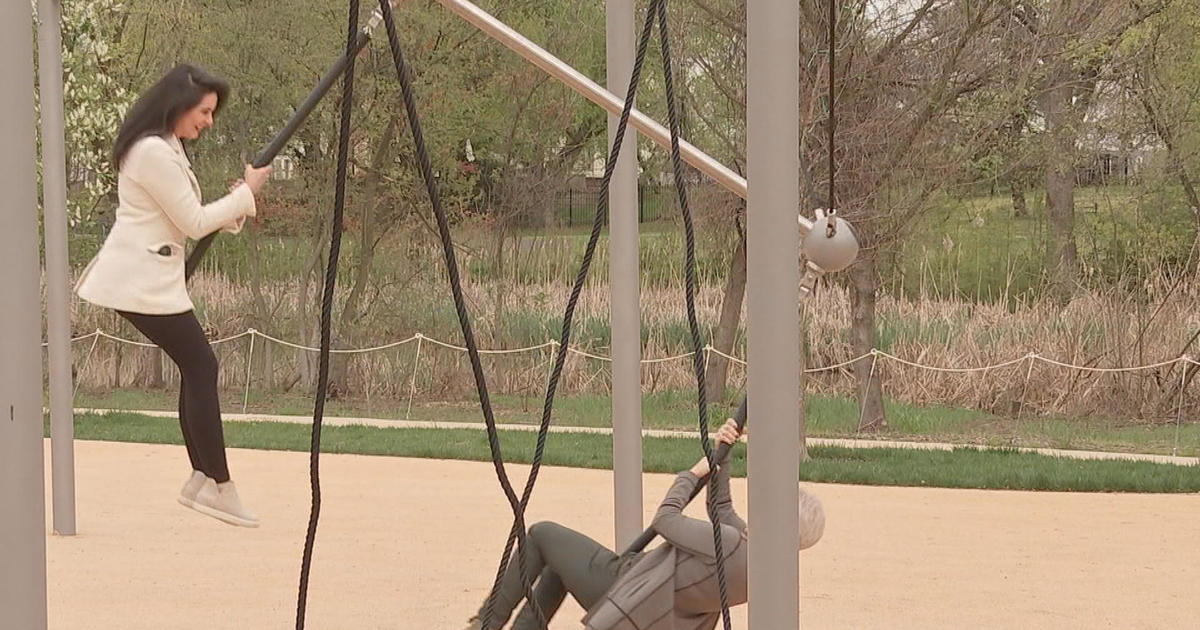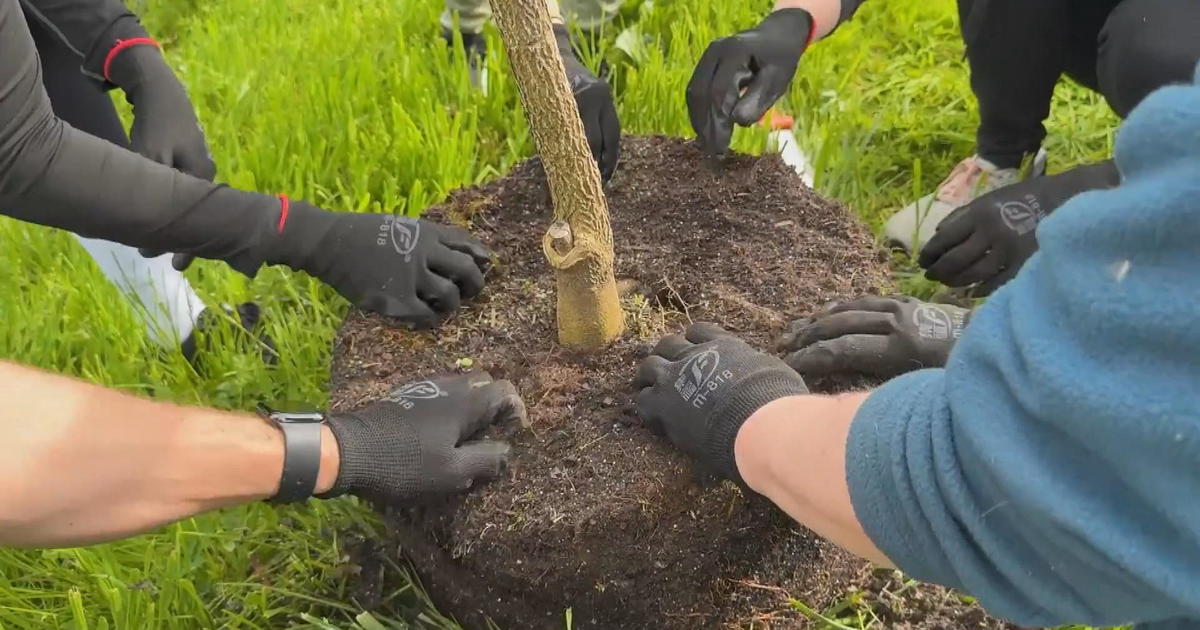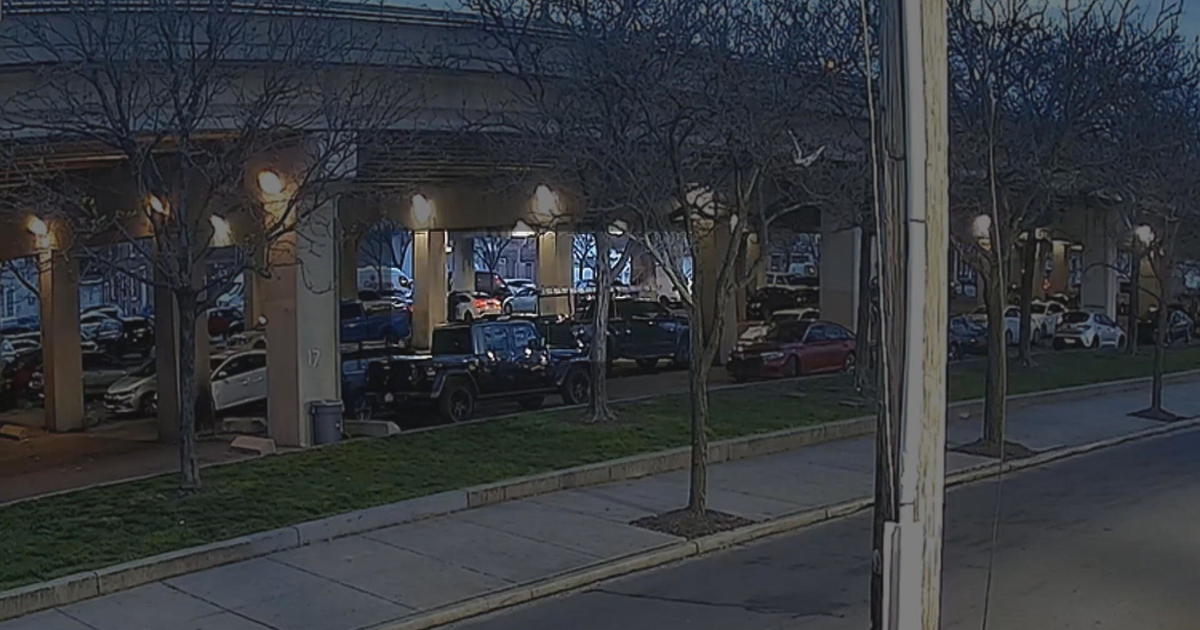Angie's List: Options For Tinting Your Window
By Jim Donovan
PHILADELPHIA (CBS) -- Do you dread climbing into you car on a hot summer day? Tinted windows are one way to help keep your car cooler. But there are various tinting types to choose from. In this week's Angie's List report, Jim Donovan looks at some of the options.
Window tinting has come a long way in the last 20 years. The old films are still out there, so look over your options before deciding which one to install on your vehicle.
"There's hybrid films that are semi-metal based and dyed. Then there's metal films and there's even ceramic films. And as you go up towards the ceramic line, they cut out more heat and they're going to give you a better clarity on the film itself, said window tinting expert, Chris Brennan.
Ceramic films will also cost you more. So make sure you know what you're trying to achieve with tinting.
"If it's just for the looks, you know, pick the one that looks the best to you. If you're looking for the heat rejection, go for something that's going to give you the highest amount, usually your ceramic films. And whatever you do, make sure you're getting a written warranty from the manufacturer and not just a verbal warranty from the shop," said Brennan.
Tinting can also help block the damaging rays from the sun and protect your interior from fading and cracking. But there may be a limit to how dark your installer can go.
"Be sure they understand what the laws are in your area because there are laws typically about how dark that window tinting can be, and you certainly don't want to end up with a fine if your windows end up too dark," said Angie's List founder, Angie Hicks.
More from Angie:
5 Reasons to hire a tinting pro:
1. Familiarity with local regulations - Because dark windows are a safety concern for law enforcement officers when they're making a traffic stop, many cities and states have specific limits on how dark you can tint your windows. Most professional window tinting companies make it their business to say up-to-date on window tint regulations. While some shops may provide darker-than-legal tint, most shops make sure their customers stay on the right side of the law.
2. Experience - Unless you're purchasing a more expensive professional-grade tint kit, you'll likely find the film in a DIY window tint kit is flimsy and temperamental when compared to the higher quality materials a window tinting pro would use. For a first-timer, window film in general is hard to work with; a slight breeze or wind can cause creases or crinkles, and some may find it hard to keep dust or other debris from sticking to the film.
3. First-time success - Even if you successfully apply window tint film to your vehicle's windows, you may not do so perfectly. So try again, right? Not quite. Removing window film is much more difficult than applying it, due in part to the sticky adhesive used to apply it to the auto glass.
4. Guaranteed work - If a professional window tinting company does a bad job, car owners can always demand re-tinting or they can try to get their money back. If and when you make a mistake while tinting you own windows, however, you probably won't be able redo the tinting without buying another kit.
5. Cost - The cost to tint all of a car's windows can range in price from $120 for a small car up to $380 for large vans. DIY kits are most frequently used as a way of saving money. However, low-grade window tinting film does not always provide good results for the car. For example, one of the main reasons car owners are interested in window tinting is that they want to protect their car's interior from fading and cracking. Cheap or low-quality window tinting, though, does not always provide this protection.
For more information on International Window Film Association: www.iwfa.com/



